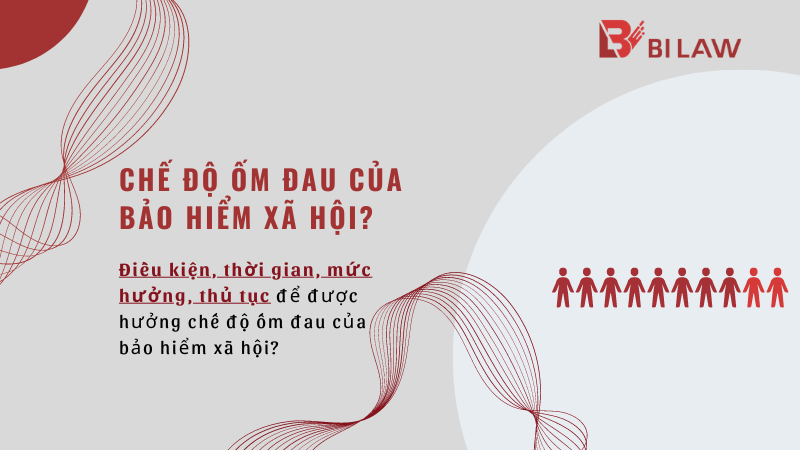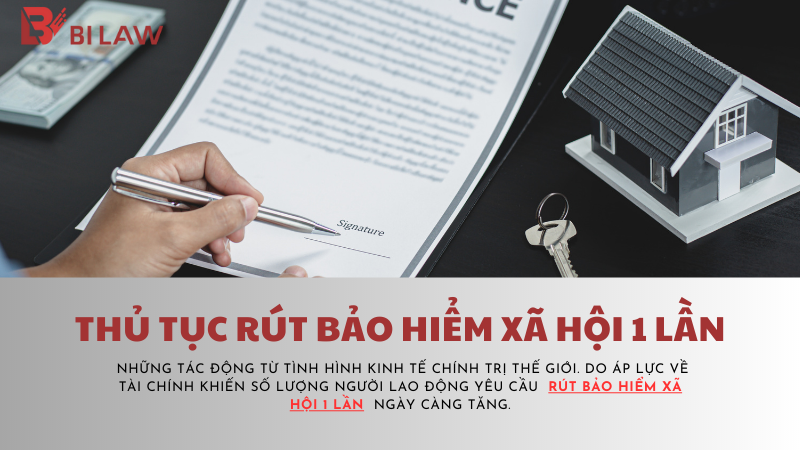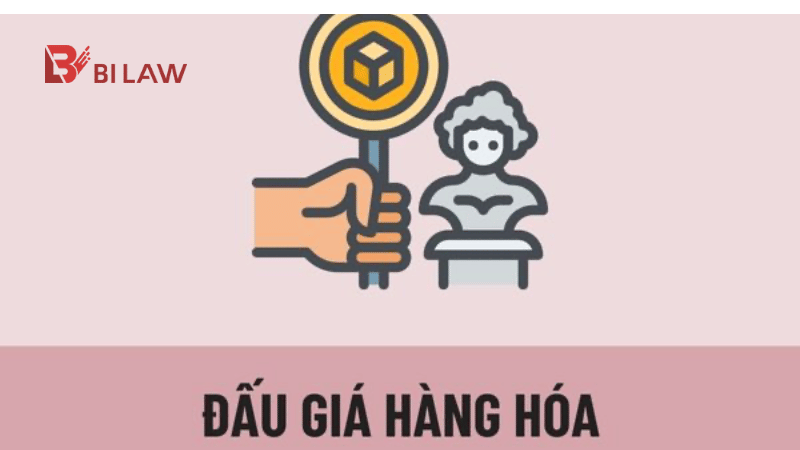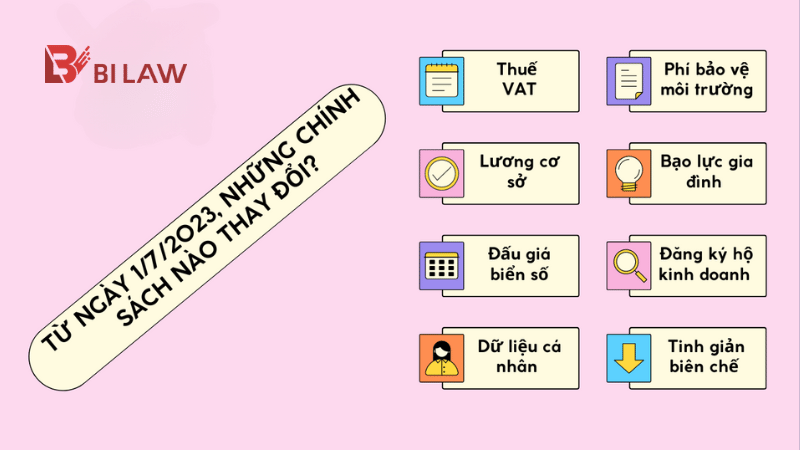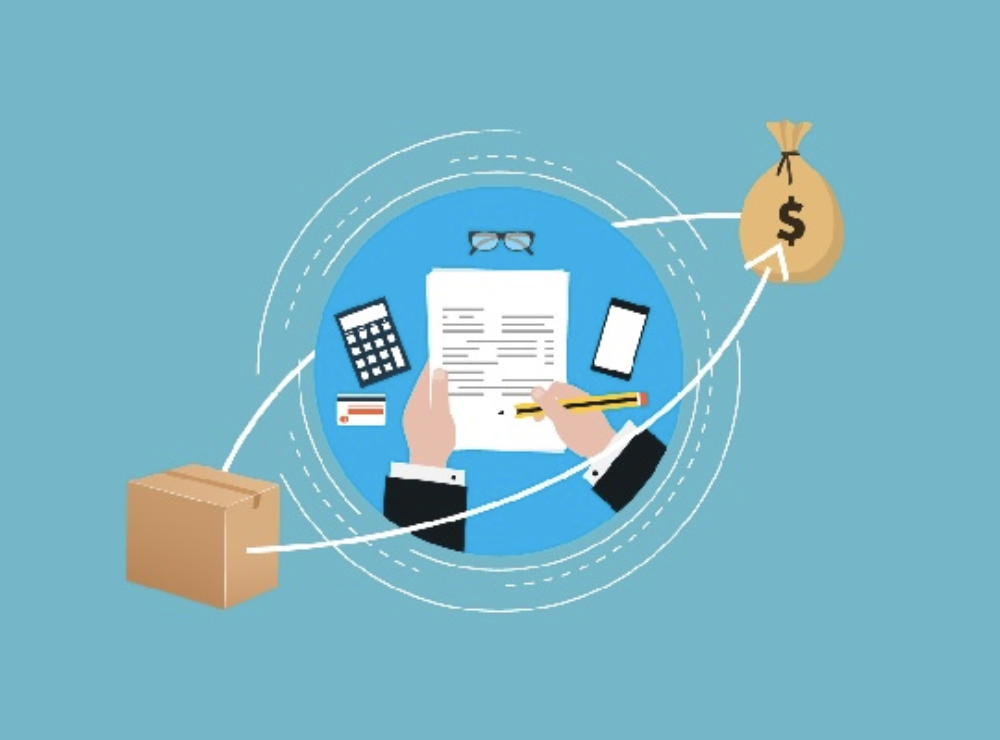Commercial outsourcing activities play an important role in the economy of Vietnam in particular and other countries in general. It allows businesses to focus on the production of their main products and to transfer the secondary production processes to commercial outsourcing partners. This helps to reduce production costs and increase production efficiency for enterprises. Besides, commercial outsourcing activities also help create more jobs for workers, contributing to a stable and developing economy. Hereafter, Bi Law Firm will present a general overview of outsourcing activities in commerce based on current legal regulations.
1. Legal basis for processing activities in commerce
1.1 Concept
Article 178 of the Commercial Law 2005 stipulates: Commercial processing is a commercial activity whereby the processor uses part or all of the raw materials and materials of the ordering party to perform one or more stages in the production process at the request of the outsourcing party for remuneration.
1.2 Characteristics of commercial outsourcing activities
Firstly, the subject in commercial processing activities must have at least one side being a trader. In a normal commercial outsourcing relationship, there will be at least two parties, including: the processing recipient and the processing order. In practice, the outsourcing party will usually be traders, mainly large enterprises specializing in the field of manufacturing. The processing party can be a trader or not a trader.
Secondly, commercial outsourcing activities are activities for profit purposes. Profitable activities are activities to seek certain benefits, not only profits but also other economic and social benefits in a positive direction. Accordingly, the parties in the commercial processing activities are for certain benefits, specifically: The party receiving the processing for the amount of processing remuneration or other economic benefits. The party ordering the processing for profit from the sale of goods or use of goods with the contribution of processed products.
Thirdly, outsourcing in trade is a service activity. Objects in processing activities are raw materials and materials of the ordering party, which are used by the processing party to create finished products at the request of the processor. The nature of outsourcing activities is the work activities, performed by the processor for the order processing party.
2. Some legal provisions in commercial outsourcing activities
- The processing contract must be made in writing or in other forms of equivalent legal validity.
- All types of goods can be processed, except for goods that are prohibited from trading.
- Goods banned from business, export or import may be processed if they are permitted by a competent state agency, or if they are processed for foreign traders for consumption abroad.
- The processing party may receive processing remuneration in cash or in the form of processed products, machinery and equipment used for processing.
Note: A fine of between VND 500,000 and VND 1,000,000 shall be imposed on acts of ordering or receiving processing of goods in commerce without a contract.
A fine ranging from VND 10,000,000 to VND 30,000,000 shall be imposed for ordering or receiving processing of banned goods or goods circulating in the country subject to urgent measures of circulation ban or temporary suspension.
3. Rights and obligations of parties in commercial processing activities
Pursuant to Articles 181 and 182 of the Commercial Law 2005, apart from the agreement of the parties in the processing contract, the parties to the contract also have the following rights and obligations:
3.1 Rights and obligations of the outsourcing party
- Deliver part or all of raw materials and materials to be processed in accordance with the processing contract or deliver money to purchase materials according to the quantity, quality and agreed price.
- Receive back all processed products, leased or lent machinery and equipment, raw materials, auxiliary materials, supplies and scrap after liquidation of the processing contract, unless otherwise agreed.
- Sell, destroy, donate on the spot processed products, leased or lent machinery and equipment, redundant raw materials, auxiliary materials, supplies, waste products and scrap as agreed upon and in accordance with regulations under the law.
- Appoint representatives to inspect and supervise the processing at the processing place, appoint experts to provide technical guidance on production and check the quality of processed products as agreed in the processing contract.
- To take responsibility for the legality of intellectual property rights of processed goods, raw materials, materials, machinery and equipment used for processing and transfer to the processing party.
3.2 Rights and obligations of the processing party
- Supplying part or all of raw materials and materials for processing according to the agreement with the ordering party on quantity, quality, technical standards and price.
- Receive processing remuneration and other reasonable expenses.
- In case of receiving processing for foreign organizations and individuals, the recipient
- Processed products may export processed products, leased or borrowed machinery and equipment, surplus raw materials, auxiliary materials, supplies, waste products, and scrap as authorized by the processing party.
- In case of processing for foreign organizations or individuals, the processing party is exempt from import tax on machinery, equipment, raw materials, auxiliary materials and supplies temporarily imported according to the norms for contract performance. processing according to the provisions of tax law.
- To take responsibility for the legitimacy of goods processing activities in case the processed goods are banned from trading, from exporting or from importing.
Above is a general overview of outsourcing activities in commerce. Contact our Law Firm Bi Law for more details.


 Tiếng Việt
Tiếng Việt 中文 (中国)
中文 (中国) 日本語
日本語 한국어
한국어